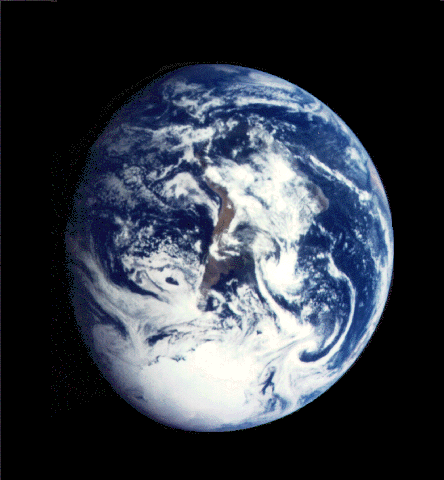So, how much does the Earth weigh? We don't know for sure, but we do know it weighs a lot more than any of us!
Click on image for full size
Courtesy of NASA
Did the Earth Lose Weight?
News story originally written on May 2, 2000
Scientists are now saying the Earth is a little lighter than we thought. The previously calculated weight is 5.978 sextillion metric tons, or 5,978 followed by 18 zeros. But the latest measurements show the true weight is actually 5.972 sextillion metric tons. So, does this mean the Earth is losing weight?
Actually, the answer is no. The truth is, one of the constants used to calculate the weight of the Earth was off. The force of gravity, shown as the capital letter G, is a little tricky to measure. Scientists have come up with many different numbers, and each one gives us a different number for the Earth's weight.
Fortunately, scientists at the University of Washington found a more precise way to measure G. And now that they have this more exact measurement, they have found the real weight of the Earth - they think. They warn that their findings may still change, so don't use the new weight in your science homework just yet.
"That is a huge embarrassment for modern physics, where we think we know everything so well and other constants are defined to many, many digits," Jens Gundlach, a physicist at the University of Washington, Seattle, said.
Who knows, maybe the Earth is losing weight!
You might also be interested in:
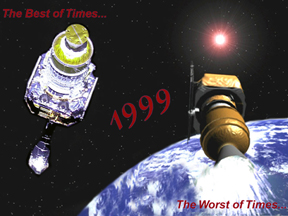
It was another exciting and frustrating year for the space science program. It seemed that every step forward led to one backwards. Either way, NASA led the way to a great century of discovery. Unfortunately,
...more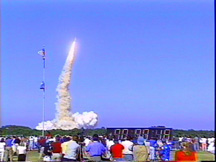
The Space Shuttle Discovery lifted off from Kennedy Space Center at 2:19 p.m. EST, October 29th. The sky was clear and the weather was great as Discovery took 8 1/2 minutes to reach orbit for the Unitied
...more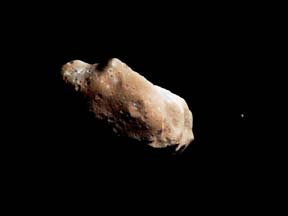
A moon was discovered orbiting the asteroid, Eugenia. This is only the second time in history that a satellite has been seen circling an asteroid. A special mirror allowed scientists to find the moon
...more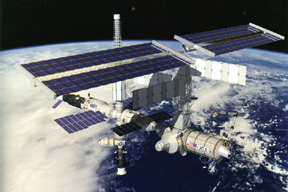
Will Russia ever put the service module for the International Space Station in space? NASA officials are demanding an answer from the Russian government. The necessary service module is currently waiting
...more
During a period of about two days in early May, 1998, the ACE spacecraft was immersed in plasma associated with a coronal mass ejection (CME). The SWICS instrument on ACE, which determines unambiguously
...more
J.S. Maini of the Canadian Forest Service has referred to forests as the "heart and lungs of the world." Forests reduce soil erosion, maintain water quality, contribute to atmospheric humidity and cloud
...more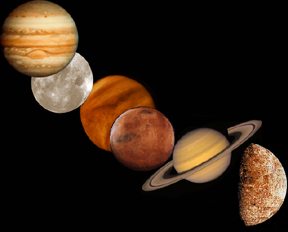
In late April through mid-May 2002, all five naked-eye planets are visible simultaneously in the night sky! This is includes Mercury which is generally very hard to see because of its proximity to the
...more


